Cursed Legacy: The Tragic Life of Klaus Mann
Yale University Press (Footprint), $75 hb, 338 pp, 9780300218008
Cursed Legacy: The Tragic Life of Klaus Mann by Frederic Spotts
In ‘The Art of Biography’, Virginia Woolf insists that this ‘is the most restricted of all the arts’ and that even if many biographies are written, few survive. But somehow, by sifting and compressing and silhouetting, her friend Lytton Strachey – ‘alive and on tiptoe’ amid new ideas of biographical realism – managed to unshackle this truth-bound genre. Ever since Strachey’s Eminent Victorians (1918) eschewed dead biographical matter and cut to the chase, life writers have swung past the doldrums of inauspicious facts and aimed for something more brisk. This is how Frederic Spotts introduces us to his subject, Klaus Mann – briskly. He was ‘six times jinxed. A son of Thomas Mann. A homeless exile. A drug addict. A writer unable to publish in his native tongue. A not-so-gay gay. Someone haunted all his life by a fascination with death.’ (Spotts is simply doubling the curses already listed by the German literary critic Marcel Reich-Ranicki in his book on the Manns).
Born in Munich in 1906, the second of Katia and Thomas Mann’s six children, Klaus became a famous but – according to the thesis of this new biography – an insufficiently loved German-American writer. He led a troublesome life. He was a journalist, critic, playwright, essayist, and novelist. Der fromme Tanz (1926) is recognised as Germany’s first modern novel with a manifestly gay theme. He is best known for Mephisto (1936), which was banned by Hitler’s regime and nervously shoved aside in the postwar years, then briefly published in West Germany in the early 1960s and promptly banned again. The reason for this dicey history is its blistering portrait of Mann’s former friend and ex-brother-in-law Gustav Gründgens, the turncoat actor and director who was fêted during and after the Third Reich. The ban on Mephisto was effective until 1981, when it became a bestseller and an award-winning film. It had arrived almost half a century after conception. Klaus’s personal favourite, Der Vulkan (1939), and the autobiographical The Turning Point (1942) underscore his passionate fight against fascism. Like his uncle Heinrich Mann, he was at once a writer and an activist.
Continue reading for only $10 per month. Subscribe and gain full access to Australian Book Review. Already a subscriber? Sign in. If you need assistance, feel free to contact us.


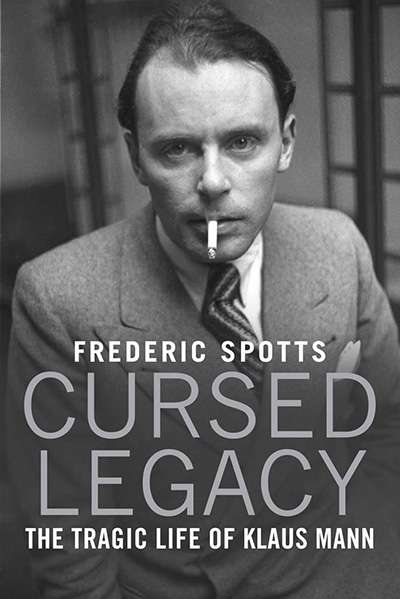

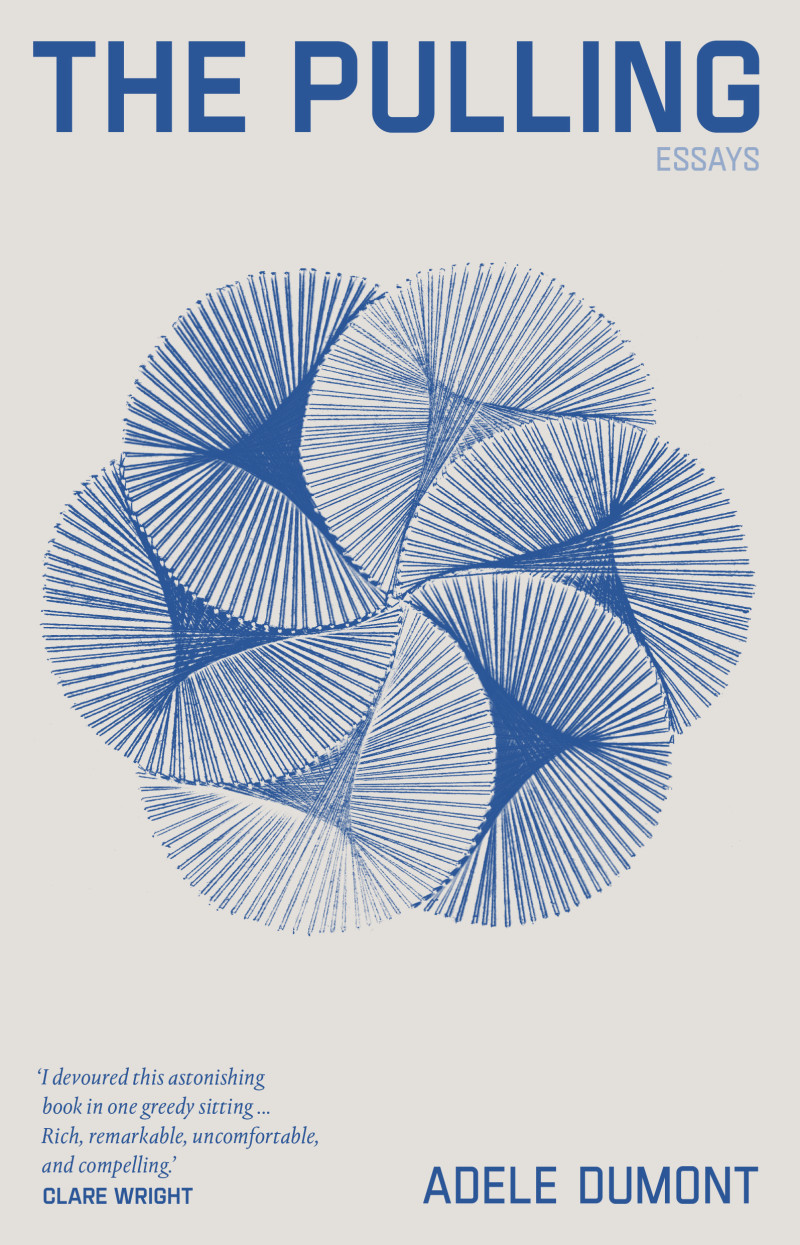
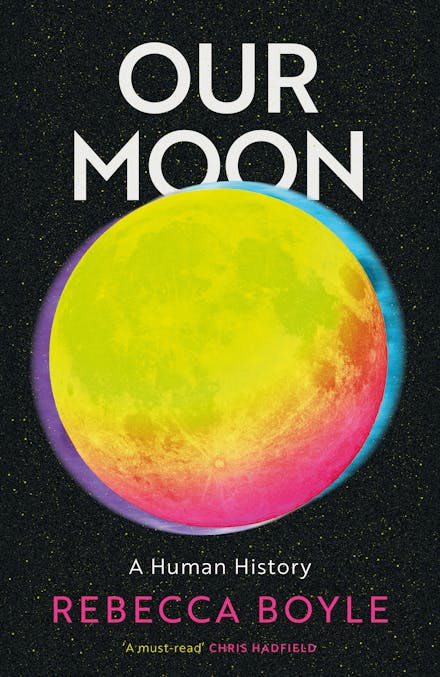

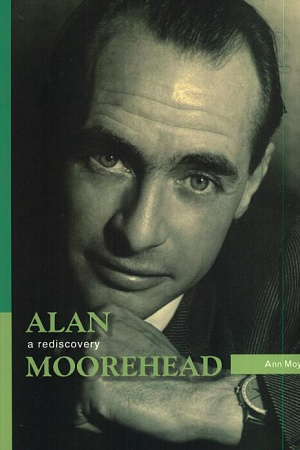
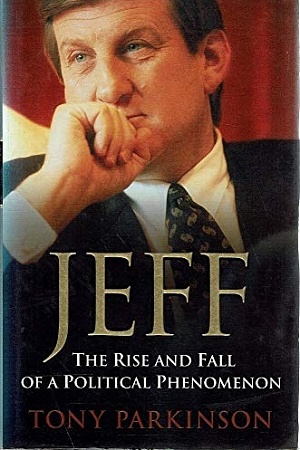


Leave a comment
If you are an ABR subscriber, you will need to sign in to post a comment.
If you have forgotten your sign in details, or if you receive an error message when trying to submit your comment, please email your comment (and the name of the article to which it relates) to ABR Comments. We will review your comment and, subject to approval, we will post it under your name.
Please note that all comments must be approved by ABR and comply with our Terms & Conditions.